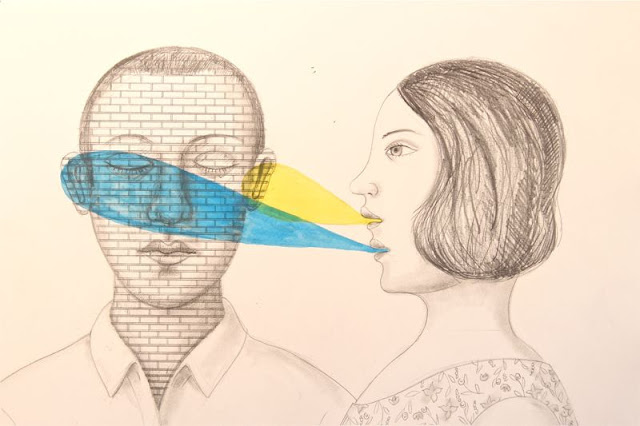Grief & Grit: Part 1
The case for resilience amidst wide-spread trauma
“He who has a why to live for can bear almost any how.” -Friedrich Nietzsche
When was the last time you had a good rant? You know, one of those run-on sentences- turn-dissertations on whatever you’ve just had it with! When your current situation has you so stirred that you could use a listening ear or two and it takes a little extra to get it? I see myself as someone who has perfected her patience and is relatively refined with which words I choose to speak. Even so, I, too, find myself needing a moment of immunity to air out my unfiltered frustrations at a particular moment of heaviness. It happens to us all and it’s healthy.
Is it just me or are we, as a society, somewhat fixated on these moments of built up emotions lately? For good or for worse, there seems to always be a strong opinion on how people express themselves publicly too much or not enough about the woes of the world. I’m not taking a particular position on this just yet; as a self-proclaimed observer of all-things pop culture and current events, I’m simply naming a phenomena that’s garnering attention from both sides of the debate. Anywhere from whether pineapple belongs on pizza to whether or not O.J. should receive parole, much of our public debates are increasingly active, vocal, and visible forms of expression as a first resort when confronted with strong feelings.
Seems harmless? Especially in a time where Twitter trolls run rampant, you might be tempted to dismiss the seriousness of the debates between these spars. However, to do this would be to ignore the insidious nature beneath the foolish fights that manage to translate to much larger social issues unchecked at our demise.
Let me break it down. For those who view the “ranters” in a negative light label the content of their expression as “complaints”. McDonald’s employees aren’t satisfied with the current amount of minimum wage? Complainers! ‘Don’t they know that so many people are unemployed?’ someone might say. African American scholars at predominantly white institutions don’t feel safe on their campus? Complainers! ‘The real world won’t give you safe spaces just because you disagree with someone' they say. For those who view the “ranters” in a positive light label the content of their expression as “relative truths”. Police officers all over the U.S. are being called into accountability after the wrongful deaths of people of color? Relative! ‘Don’t they know that not all police officers are racist! I know so many good cops!’ some would say. Trump uses language that degrades the dignity of immigrant communities, Muslims, Mexicans, and women? Relative! ‘He’s only talking about the bad ones. Don’t you believe in law and order?’ they say.
Still sound harmless? The truth is that people see our shared life through their particular lens. Custom tailored by their lived experiences, people cannot help but view and process life in ways that will clash with the views of others. However, this does not mean that all perspectives are excusable or right simply because they can be traced to a real experience. Not all experiences are equal. Wrong is wrong and it needs to be checked. What used to be the worst case scenario for our democracy based on representation was when people seized to express themselves or forfeit their voice in the marketplace of ideas. Now, in this day and age, what I’ve shared previously about our intolerance for expression is not that we don’t speak but that that we simply don’t listen. To add insult to injury, we not only refuse to hear others, we use our energy to undermine and dismiss the very real and raw pain of others. There is no denying how problematic this is...
To be continued in Part II. More thoughts and some solutions to come!
With expression,
Nura Esther Zaki
Blog Post #4
------
As a 2017 EYA Intern, Nura is working with The Democracy Initiative this Summer in the fields of Grassroots Mobilizing and Communications.


Comments
Post a Comment